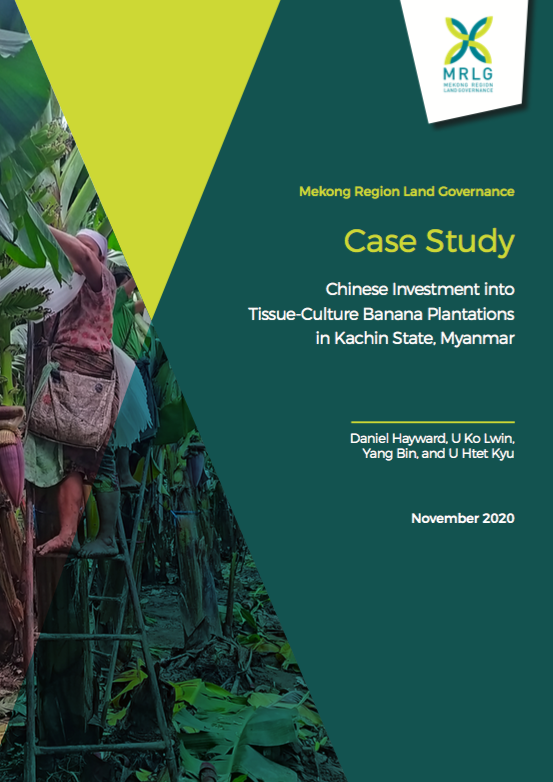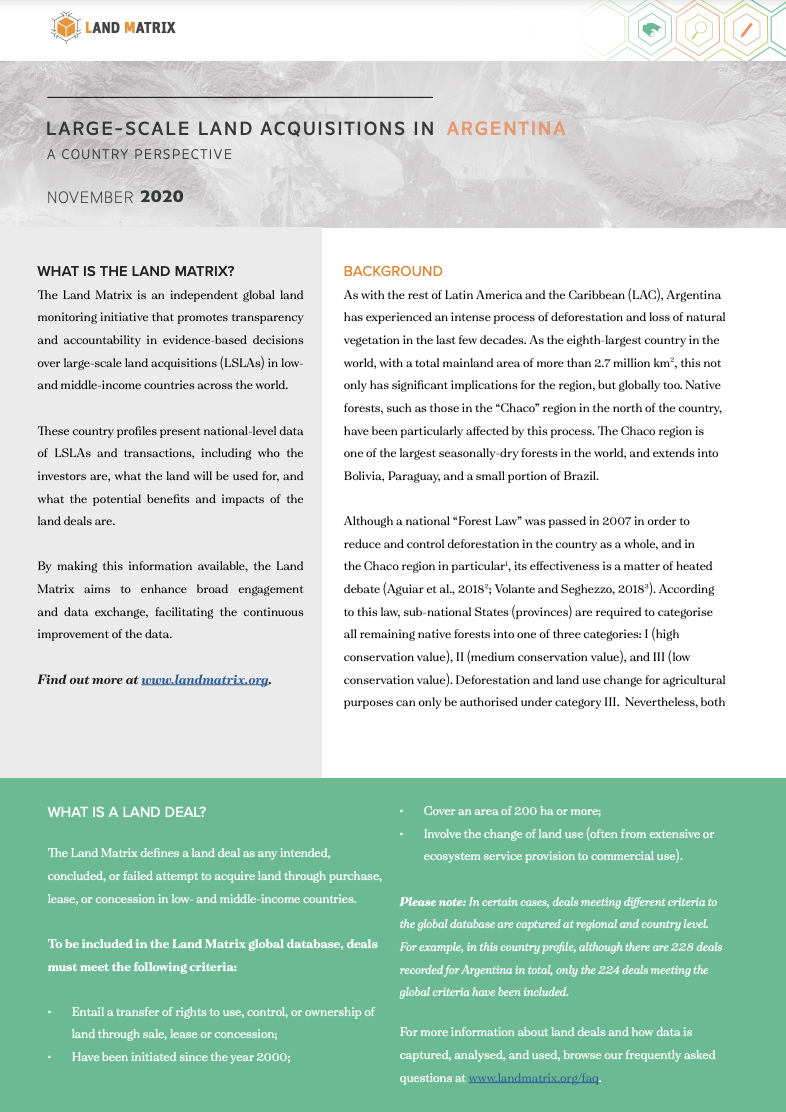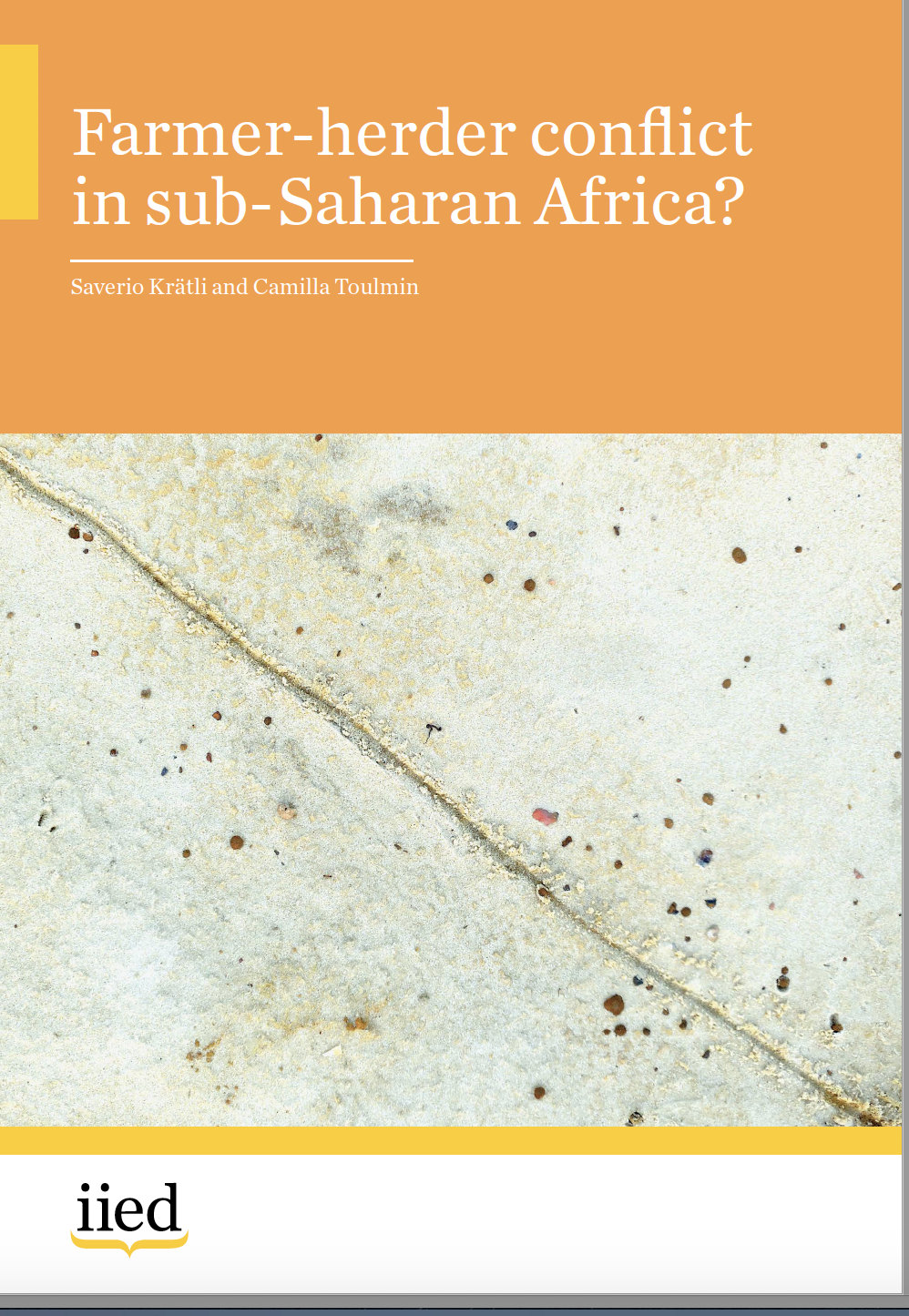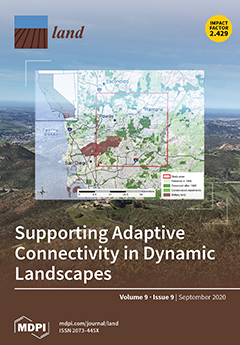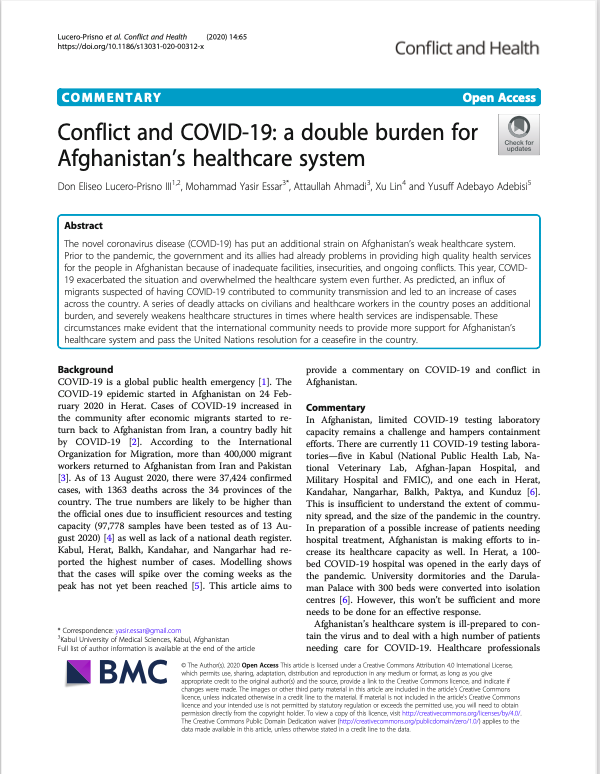How Important Are Resistance, Dispersal Ability, Population Density and Mortality in Temporally Dynamic Simulations of Population Connectivity? A Case Study of Tigers in Southeast Asia
Development of landscape connectivity and spatial population models is challenging, given the uncertainty of parameters and the sensitivity of models to factors and their interactions over time. Using spatially and temporally explicit simulations, we evaluate the sensitivity of population distribution, abundance and connectivity of tigers in Southeast Asia to variations of resistance surface, dispersal ability, population density and mortality.


